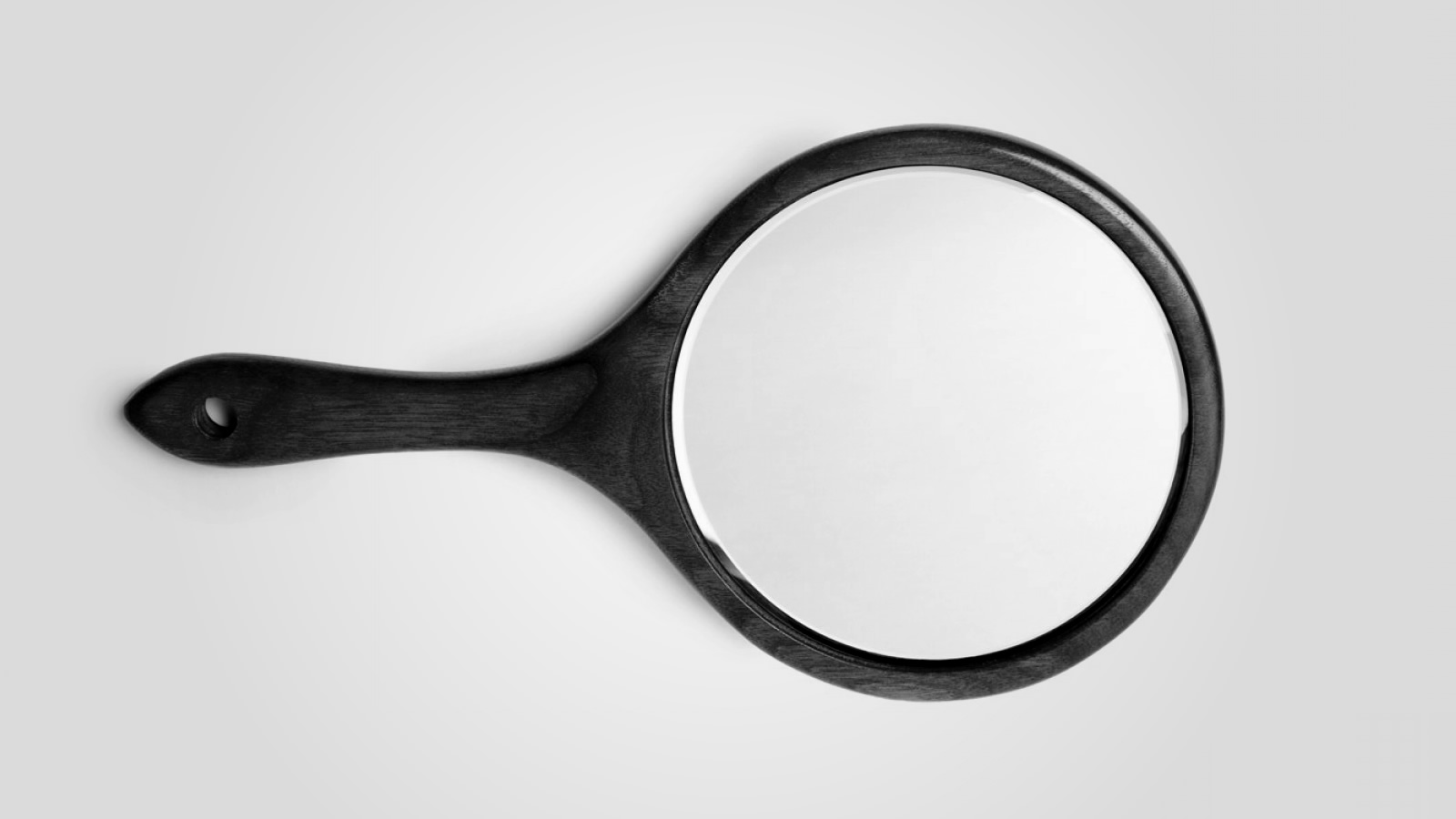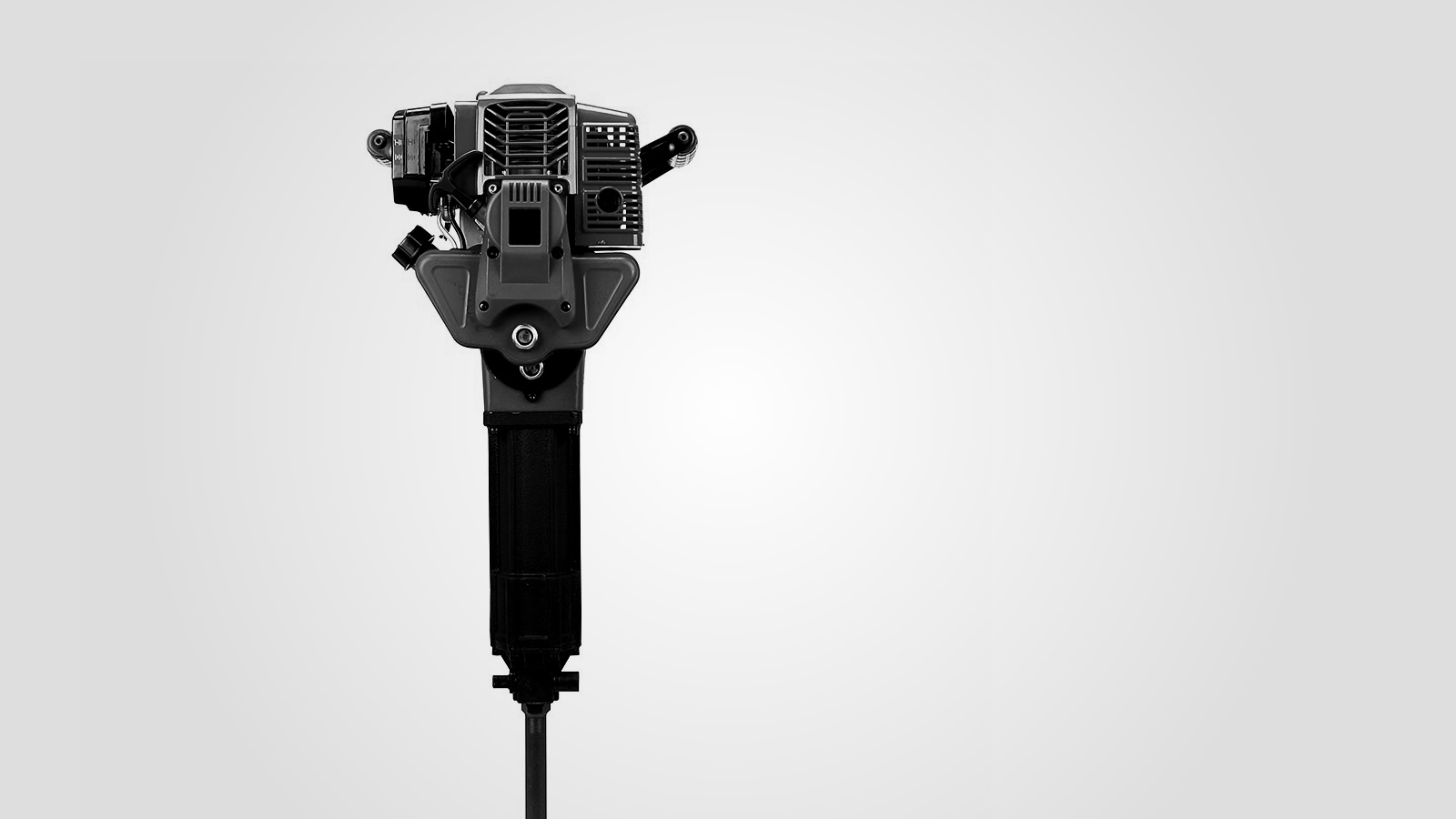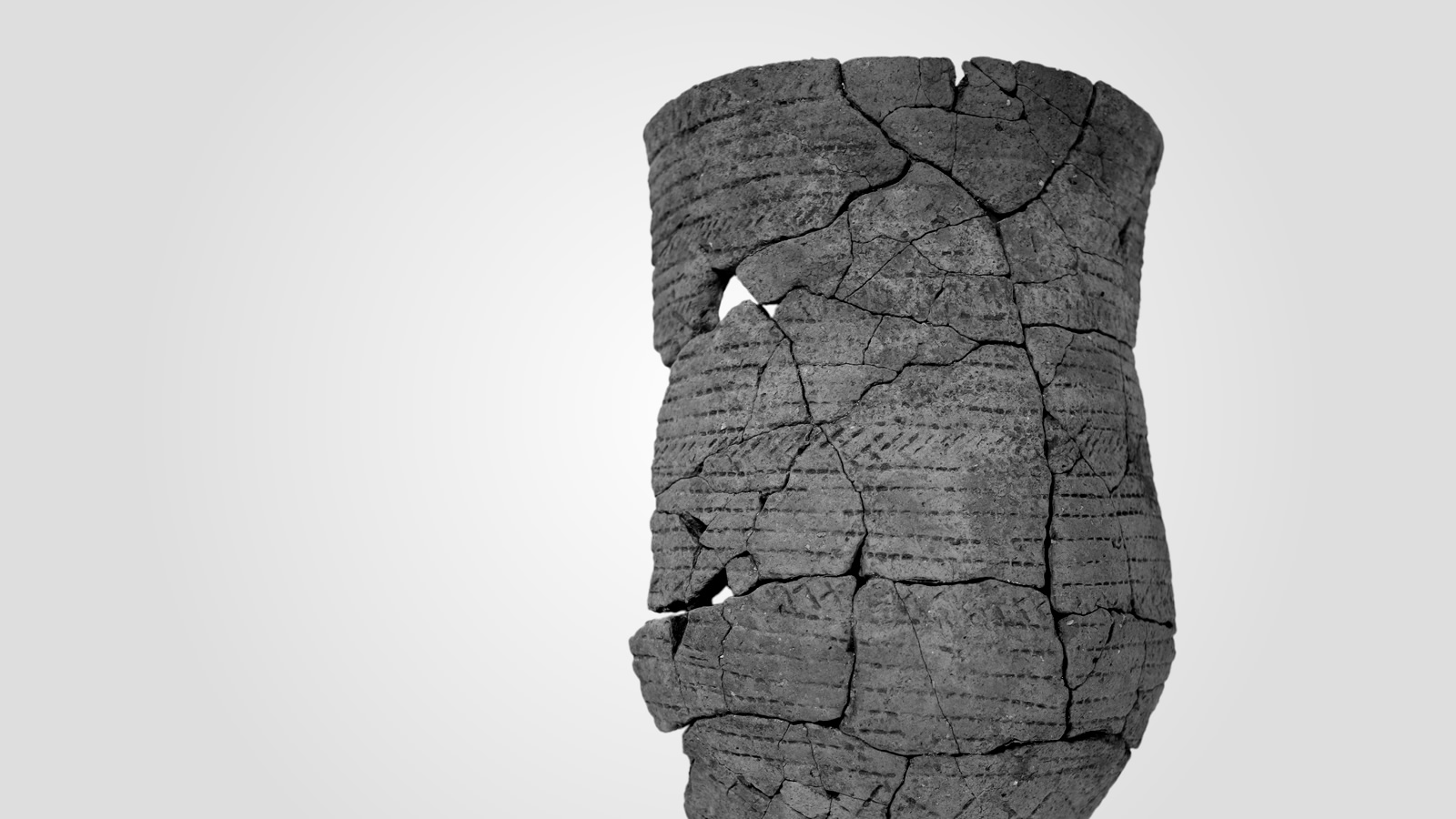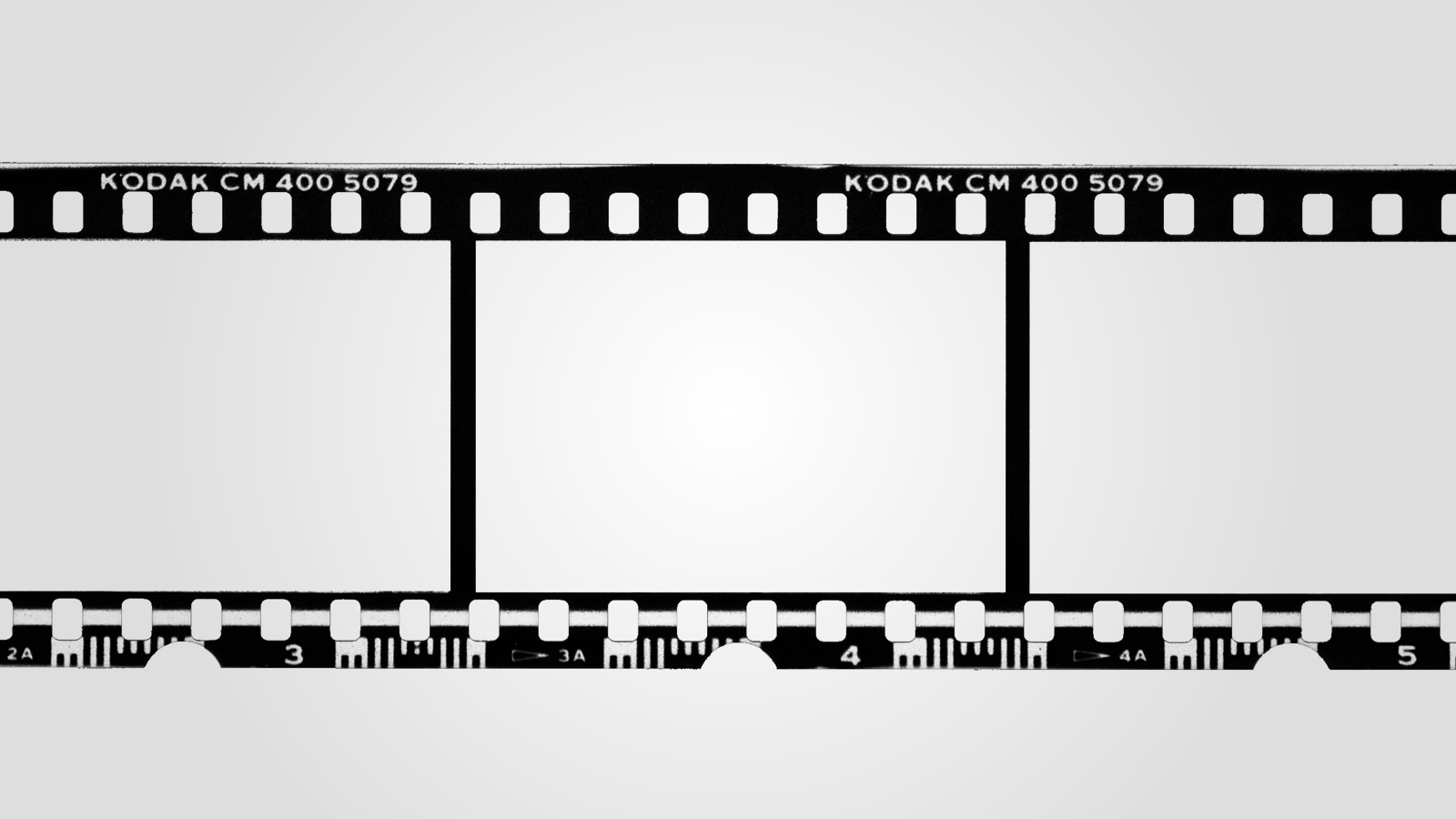Two weeks ago on Nationwide, discussing the accuracy of the Bible with poet Mutabaruka, pastor Conrad Pitkin and journalist Ian Boyne, I said, “It’s not for me to demonstrate that reality is reality. The onus is on whoever claims something ridiculous to provide evidence that it is [real].” In the studio, I winced—’ridiculous’ sounded dismissive, ‘fantastic’ would have been better. Stupid. I’d left an opening for a sharp debater. Mr Boyne latched on right away in his verbose style, calling for “epistemological humility” from all involved.
That’s a mouthful, so let’s digest it slowly. Epistemology is the study of knowledge itself. It’s about what we know, and how we know what we know. For instance, you can know from swatting tables that 12 x 8 = 96 without knowing how to multiply. You can design bicycles without being able to ride one. You can use an octopus to predict the winner of the World Cup and end up right for the wrong reason. There are all sorts of limits and quirks to knowing, once you know where to look.
Underneath the big words, Mr Boyne was calling me arrogant to dismiss Bible miracles because, gee, you never know. Maybe God did beat us to artificial insemination, and split the Red Sea before we split the atom. Maybe my scientific worldview—my way of knowing things—is too limited to see the larger truth about God. And that possibility, Mr Boyne posits, should humble us all.
Is arrogance ever justified, or are all ways of knowing equal?
Time to fess up. Mr Boyne was correct—I was a bit cocksure. But here’s the really interesting question. Was my arrogance justified, or are all ways of knowing equal?
When science goes up against religion, it sounds like a fair fight between people in white coats and people in white robes. It’s not. Science, from the Latin root for (surprise!) ‘knowledge’, is basically asking a question, trying to answer it, and then telling other people. Those people ask more questions, and the process repeats, over and over and over, weeding out bad ideas from good over time. That’s all. Science, to be succinct, is thinking. It’s problem-solving. And it’s taken us from the mud to the moon.
If you’re religious, and you grapple with questions about where the world came from, why you’re here, or how to live well, congratulations, you’re doing science. You’re thinking. Suggesting God is the answer to those questions is still science. In the absence of more questions, it’s worth a try like anything else. Sticking your fingers in your ears so you don’t hear those questions—known as faith—is where it goes wrong.
Even the religious prefer the epistemology of science (knowing by thinking) to that of faith (knowing by trust). If we gathered hundreds of Jamaican pastors to discuss emigration, none of them would suggest asking God to open a land passage between Mobay and Miami. Why not? Because everyone knows—from science—it won’t happen. If Reverend Pitkin seriously suggested splitting the Caribbean Sea, the other pastors would think he was crazy.
When facing dogma, humility becomes a liability keeping bad ideas on life support
He’d also be holding up progress, and that’s the real issue. When we need a solution, people who can’t distinguish between the improbable and the impossible are worse than useless—they stop the rest of us from moving forward. If an idea can’t survive interrogation, it should perish. And anyone who wilfully ignores the expiration date should be excluded from the conversation. When facing dogma, humility becomes a liability that keeps inferior ideas on life support.
Say we’re building a highway. You want the route to go through Kellitts and I want it to go around. Being humble helps us hear each other’s rationale. But if your argument includes that Jesus agrees with you, at that point it’s best for me to bypass you and the town.
Excessive humility also threatens existing knowledge. The presence of evolution, for example, is still hotly debated even though there’s nothing sensible left to discuss. Tolerating ideas like intelligent design, after science disproves them, makes it harder to push the boundary of our knowledge by turning it into a line in the sand. In the end, the most arrogant position of all is refusing to admit when you’re wrong.








